Guidebooks and Trip Planning
Resources for planning travel have changed over the years
I enjoy planning a trip almost as much as the travel itself. I may not create a detailed itinerary, but do create lists of what I’d most like to see. I like to learn a bit about the background and history of the place before experiencing it for myself.
Not that many years ago, I relied mostly on guidebooks for trip planning. I requested information and brochures to be mailed to me by tourism bureaus. I used advice of friends who’d travelled to or lived in my destination. Once I reached the destination, I picked up pamphlets and brochures at airports, tourism offices, and hotels.
I still pick up brochures at airports, tourism offices, and hotels. (I get brochures in my home city too, so I can explore at home.) I still use guide books, but not quite in the same way. I like the historical and cultural background they provide as well as basic logistics. When I visited Barcelona two years ago, my sister and I used self-guided walking tour information from two guidebooks. It was a wonderful way to discover the city. (In order to have the information handy without lugging books with us as we walked, I ripped out the relevant pages and carried those, much to the chagrin of my niece and her friend, who were appalled at such wanton destruction of books.)
These days, the Internet is my main trip planning resource. Tourism offices now have websites. No need to have information shipped to you. Major guidebooks also have Internet sites, although I still use paper versions at times. Most guidebooks cover only the major attractions and provide just the most basic and minimal details. Increasingly, I rely on blogs and travel articles. They tend to provide more detail, including personal impressions. They may cover worthwhile but lesser-known attractions. I follow several travel bloggers and bookmark or save information in a spreadsheet about places I find particularly intriguing.
I turn to the Internet to find accommodations, using search engines and online maps. I check reviews on sites such as Tripadvisor to help in my selection. It is helpful to read what others thought of the place, especially with regard to cleanliness, but the online reviews can be a double-edged sword, sometimes making the selection more difficult and time-consuming. It is next to impossible to find a place without any negative reviews (people can be hard to please). I’ve had times when I’ve thought we can’t stay anywhere. But eventually, I do make a selection. And have discovered some delightful places to stay, like the Bella Vista de Tucson in Tucson, Arizona.
With so much information now available at our fingertips, there is a risk of spending too much time in preparation. It is good to allow time at your destination to discover and be surprised. I like to plan (some might say over-plan), but still keep options open to deviate from well-thought-out plans to explore something unexpected. I appreciate all the information the Internet has to offer, even when it sometimes seems overwhelming and requires sifting.
What resources do you use to plan travel?

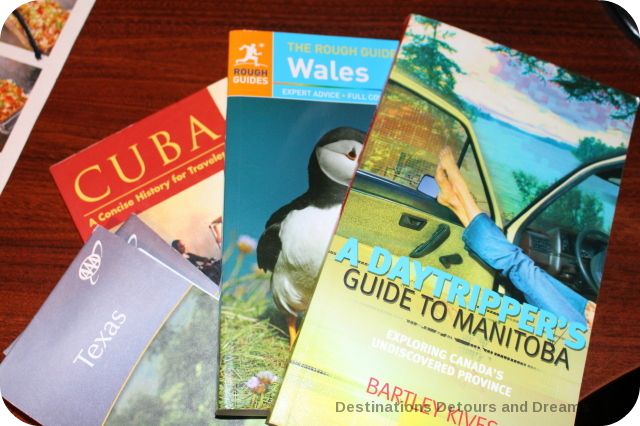
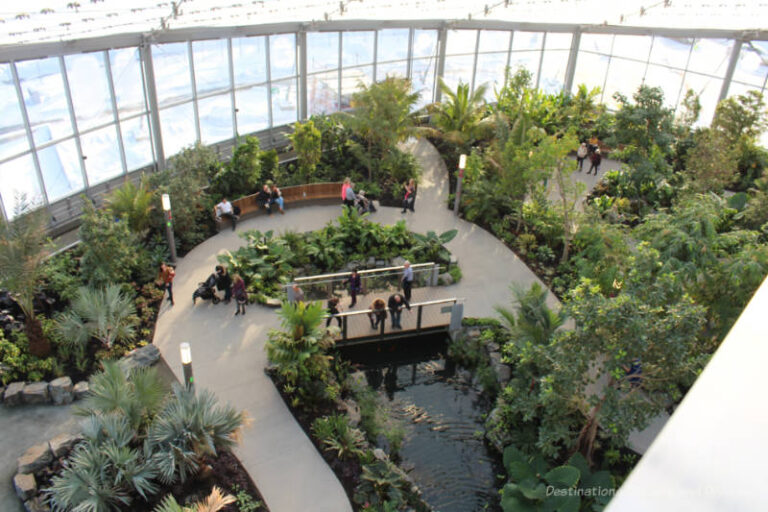
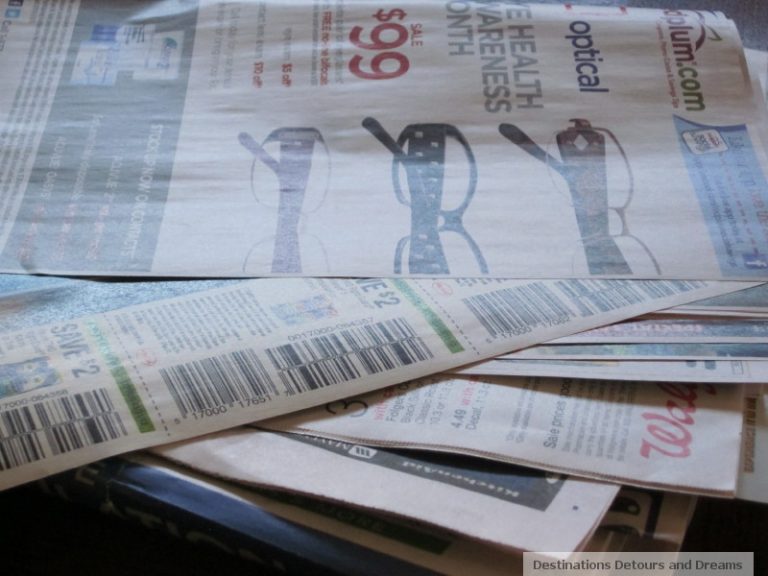
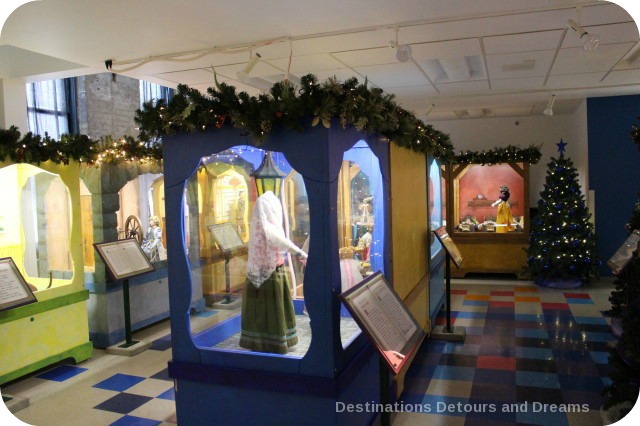
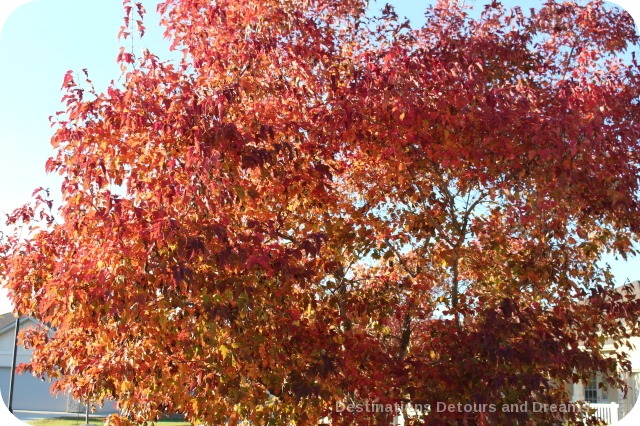
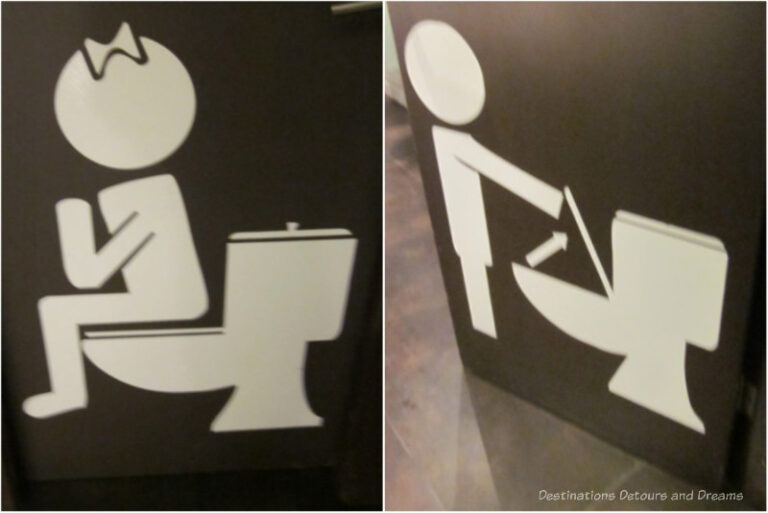
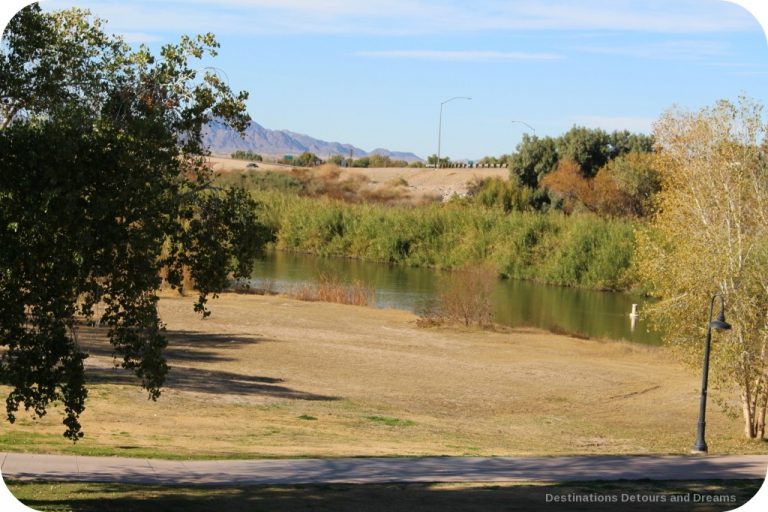
I remember buying a Fodor’s guide for each foreign destination I traveled to. In particular I wanted to be aware of customs or each country, alwys mindful not to be dubbed the “Ugly American” Now I use mostly the internet for reference, but I have kept all of those books as momentos:)
Jacquie, I used Fodor’s guides years ago too. It’s good to be prepared for different customs.
Hi Donna. I’m not much of a planner when I travel. I search out what I need to in advance (like where to find the best chocolate makers) but then I just let the rest unfold according to my mood. I’ve found that to be much more fun. I do check TripAdvisor when booking a place in a new destination and find that particularly helpful I case a property has had problems with bedbugs. I hope I never ever have to face them on any of my adventures.
Doreen, when I travel I will often let my mood dictate what I want to see or do on a particular day, but I almost always have planned a list of really-want-to-see and maybes. Everyone approaches travel and travel planning a bit differently. It’s all good as long as we know what we are most comfortable with. I too hope I never encounter bedbugs.
The internet for all pre-trip planning now, but I still like going into a Visitor Centre when I get there to pick up some first hand info from a local who lives there, along with a few tangible maps to keep in my pocket for working out where I am and where I’m going 🙂
Linda, I too like tangible maps for getting my bearings and directing me to where I’m going.
The only time I ever bought a guide book was when I had just moved to Saudi Arabia and bought the Lonely Planet guide in order not to rely completely on my Saudi friends. I actually thought it was good.
Catarina, I would likely have bought more than one guide if I had moved to a place as different to what I’m used to as Saudi Arabia. On your other travels, did you rely on friends, visit tourism centres, or just explore randomly?
As you might guess about an introvert who travels, I do plan! But I’ve learned to be flexible. These days I still like paper guides to supplement the internet. When we went to Italy/Germany/Luxembourg this past April, I found out even my son and daughter-in-law like using both. And it was a GOOD thing. While we couldn’t find one of the tour guides they wanted to work with online, all her contact info was in – the guidebook they brought with them. I also find that often the resort or hotel we stay in can be helpful. I LOVE TripAdvisor!
Years ago we used to buy guidebooks and research extensively while planning our vacations; the pre-planning experience was almost as much fun as the much anticipated and deserved vacation! Now, however, as we travel more we’re finding that we plan much less, preferring to do some research in selecting a place to base ourselves and then “wing it” with the places nearby to visit. And now that the quide books are available as e-books and online searches are easier our planning is even more efficient. Less planning -more venturing forth with a bit of serendipity mixed in! Anita